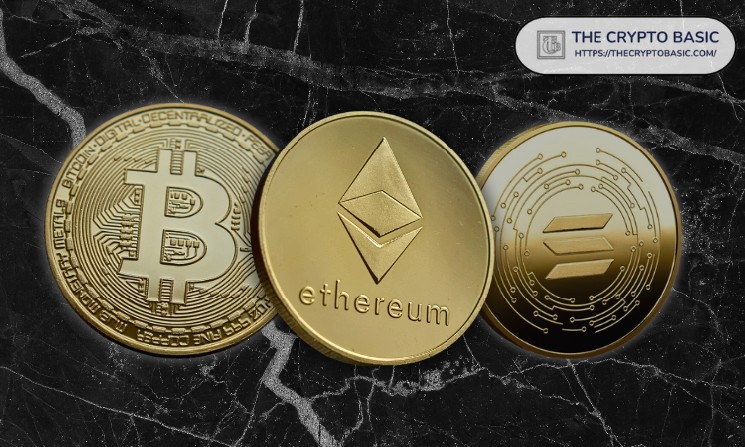According to the 2025 Korea Wealth Report, one-third of individuals with financial assets exceeding 1 billion won have invested in or hold cryptocurrencies.
The findings follow an extensive survey involving 3,010 respondents. They reveal the evolving investment habits of high-net-worth individuals in South Korea amidst ongoing economic challenges.
Growing Popularity of Crypto
The study found that 34% of wealthy South Koreans have purchased or currently own crypto assets. On average, these individuals have invested about 42 million won (approximately $29,232) in digital currencies.
Notably, more than 70% of virtual asset investors have committed at least 10 million won to these assets, with 34% holding four or more different types of virtual assets. This indicates a growing diversification strategy among the country’s affluent investors.
While profitability remains the primary motivation for these investments, the factors driving interest in virtual assets have shifted. Just under half (49%) of respondents indicated the potential for high returns drove them. However, this is a decline from 59% in previous years.
In contrast, the accessibility of these investments (37%) and the sector’s expected growth prospects (34%) have gained more traction. This suggests that the wealthy now view crypto as an evolving and promising market.
Virtual Asset Investments Continue
Despite an uncertain economic climate, South Korea’s wealthiest individuals appear committed to maintaining their investments in virtual assets. The survey revealed that 60% of those who have invested in digital currencies plan to continue doing so in 2025.
In comparison, only 10% of respondents agreed to withdraw from the virtual asset market.
Young Wealthy Lead the Charge
A closer look at generational differences reveals that the younger wealthy, typically those in their 40s or younger, plan to engage more with crypto assets and foreign stocks.
For instance, 78% of the young rich own stocks, compared to 66.4% of their older counterparts. Additionally, a larger proportion of their stock investments is directed toward foreign markets, with about 30% of their portfolios allocated to foreign stocks, much higher than the 20% seen in the older demographic.
Moreover, the young wealthy are also much more inclined to invest in virtual assets. Approximately 29% of individuals in this group own digital currencies, compared to just 10% of the older wealthy population.
Greenlighting Institutions to Invest in Crypto
In January, South Korea announced plans to gradually introduce institutional investors into the crypto market as part of a more favorable approach toward digital assets.
According to the update, South Korea’s main regulatory body, the Financial Services Commission (FSC), would begin permitting institutional investments in crypto.
Previously, access to crypto investments in South Korea was largely restricted to retail investors. While the country has not implemented a formal ban on institutional participation, it has historically discouraged such involvement in the digital asset space.
